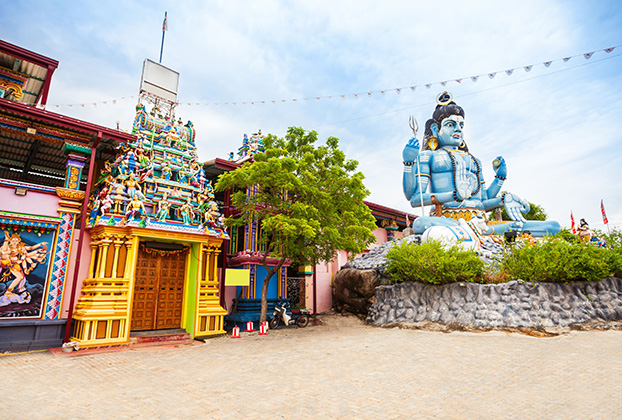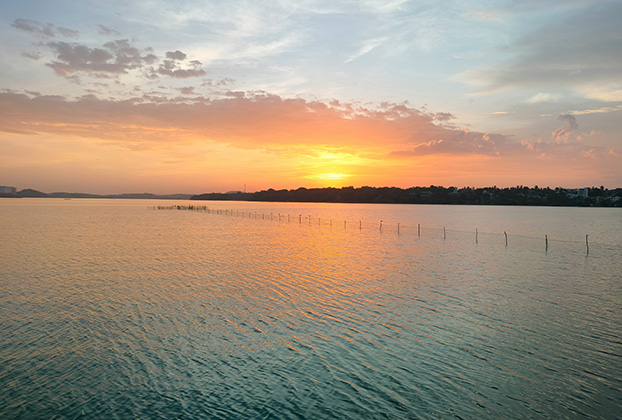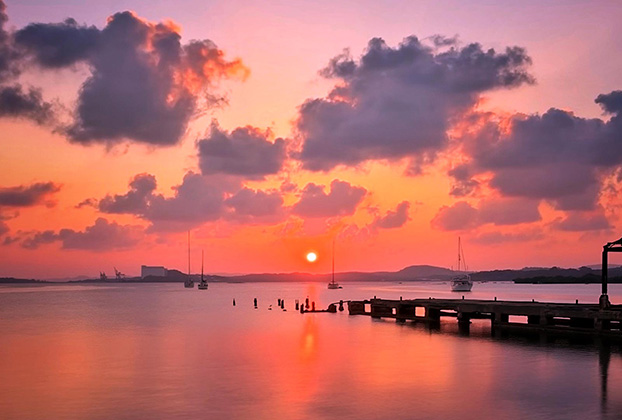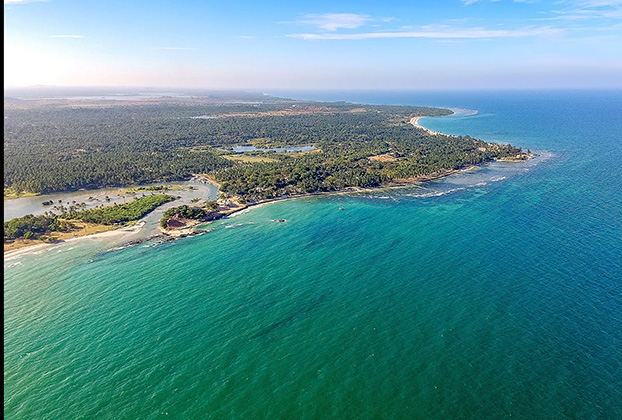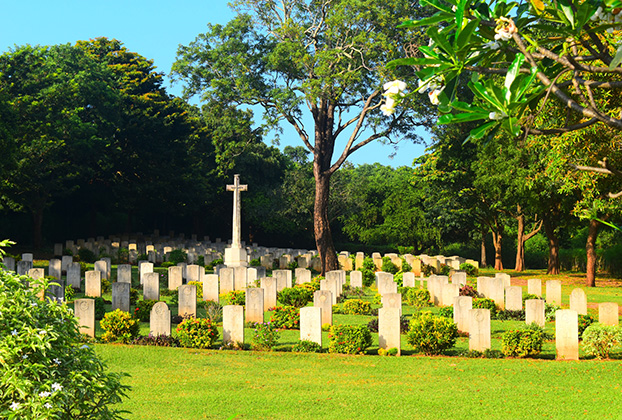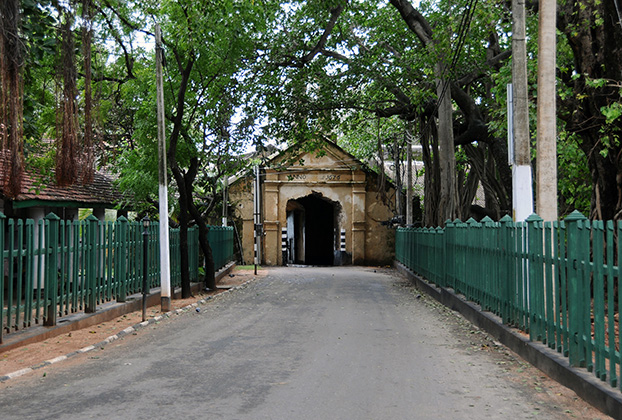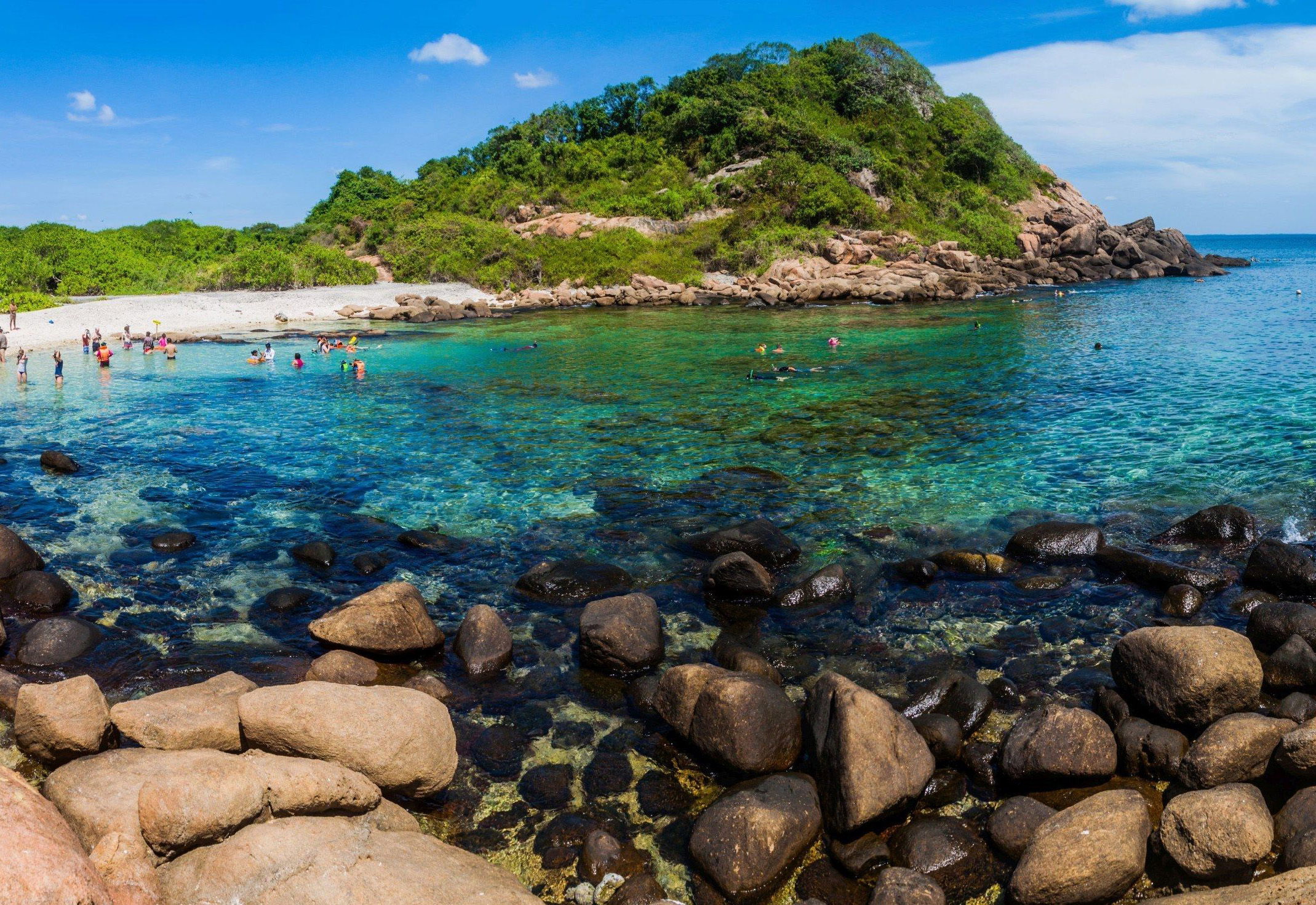
Trincomalee
Ancient Port, Diverse Culture & Pristine Beaches
Trincomalee—often affectionately called “Trinco”—is a historic port city on Sri Lanka’s northeastern coast. Home to one of the world’s largest and deepest natural harbors, it has long been a strategic maritime hub, drawing ancient Tamil kingdoms and European colonial powers like the Portuguese, Dutch, and British. This rich past is reflected in its diverse cultural landscape, where Hindu temples, Buddhist viharas, and colonial forts stand side by side.
Today, Trincomalee is also celebrated for its pristine, unspoiled beaches such as Uppuveli and Nilaveli, featuring soft white sands and crystal-clear turquoise waters ideal for swimming, sunbathing, and water sports. Offshore, Pigeon Island National Park entices snorkelers and divers with vibrant coral reefs teeming with marine life. Trincomalee also offers excellent whale and dolphin watching opportunities during the dry season, complementing Sri Lanka’s south coast whale-watching calendar.
The city’s multi-ethnic population—predominantly Tamil, with significant Sinhala and Muslim communities—adds a vibrant mix of traditions, festivals, and cuisine, making Trincomalee a unique fusion of history, nature, and culture.
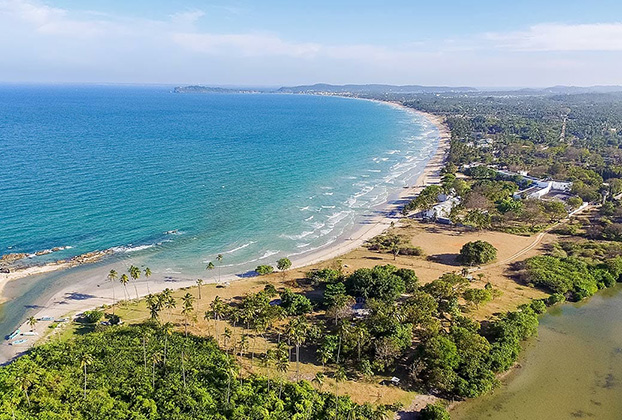
Top Things to See & Do
Koneswaram Temple & Fort Frederick
Perched atop Swami Rock, Fort Frederick (built by Portuguese, Dutch, and British) surrounds the ancient Hindu Koneswaram Temple, a revered pilgrimage site dedicated to Lord Shiva. Enjoy panoramic ocean views and the dramatic “Lover’s Leap” cliff. Deer roam freely within the fort grounds, and visitors can witness devotional rituals.
Pigeon Island National Park
A short boat ride from Nilaveli Beach, this marine park features stunning coral reefs bustling with colorful reef fish, harmless black-tip reef sharks, and sea turtles—a snorkeler and diver’s paradise.
Uppuveli Beach
Trincomalee’s most popular beach, just north of town, boasts golden sands and calm waters, perfect for swimming and relaxing. It’s lined with beachfront restaurants and guesthouses.
Nilaveli Beach
Further north, Nilaveli offers a quieter, more tranquil setting with soft white sands and crystal-clear waters. It’s the main launch point for Pigeon Island trips.
Whale & Dolphin Watching
From May to October (dry season), boat tours depart from Trincomalee harbor or Uppuveli/Nilaveli to spot Blue Whales, Sperm Whales, and various dolphin species.
Trincomalee Harbour
Explore one of the world’s deepest natural harbors with a boat ride showcasing its vastness and strategic significance.
Getting to Trincomalee from Colombo
By Car / Private Transfer (Most Convenient):
From Bandarawela, the journey is approximately 260–290 km and takes 5 to 6.5 hours via Mahiyanganaya or Polonnaruwa, descending from the hill country to the dry east coast.By Bus (Budget-Friendly, Longest):
Travel from Bandarawela to a central hub (Kandy, Dambulla, or Polonnaruwa) by bus (3–4 hours), then transfer to a bus bound for Trincomalee (another 4–5 hours). Total travel time can be 8 to 12+ hours.By Train (Long & Complex):
No direct train from Bandarawela to Trincomalee. Take a train from Bandarawela to Polgahawela (7–8 hours), then another from Polgahawela to Trincomalee (6–7 hours). This option is scenic but very time-consuming (14–18 hours total).Taxi + Train (Mixed):
Consider a taxi to a closer train station like Habarana or Polonnaruwa, then continue by train or bus. Requires careful planning.
Best Time to Visit
Trincomalee’s monsoon cycle differs from the south and west coasts.
May to October: Peak Season & Dry Weather
Ideal beach and marine activity conditions with sunny days, calm seas, and warm temperatures between 30°C to 34°C (86°F to 93°F). Perfect for snorkeling, diving, whale watching, and beach relaxation.November to April: Monsoon Season & Rainy Weather
The North-East Monsoon brings heavy rainfall, strong winds, and rough seas. Water-based activities are often limited or unavailable. Accommodation may be cheaper but less suitable for beach holidays.
Quick Climbing Tips:
Start at opening time (7 AM), wear comfortable shoes, carry water, use sunscreen, and bring a hat. Be mindful of monkeys and wasps.
Local Tips & Insights
Plan Trincomalee visits during the east coast’s dry season, opposite the south/west monsoons.
Experience the city’s rich religious harmony by respectfully visiting diverse places of worship.
Early mornings offer a glimpse into the traditional fishing lifestyle.
Note the significant naval presence; some areas may be restricted, but tourist zones remain open.
Book Pigeon Island snorkeling/diving trips with certified operators for safety and conservation.
Always negotiate tuk-tuk fares beforehand to avoid surprises.

